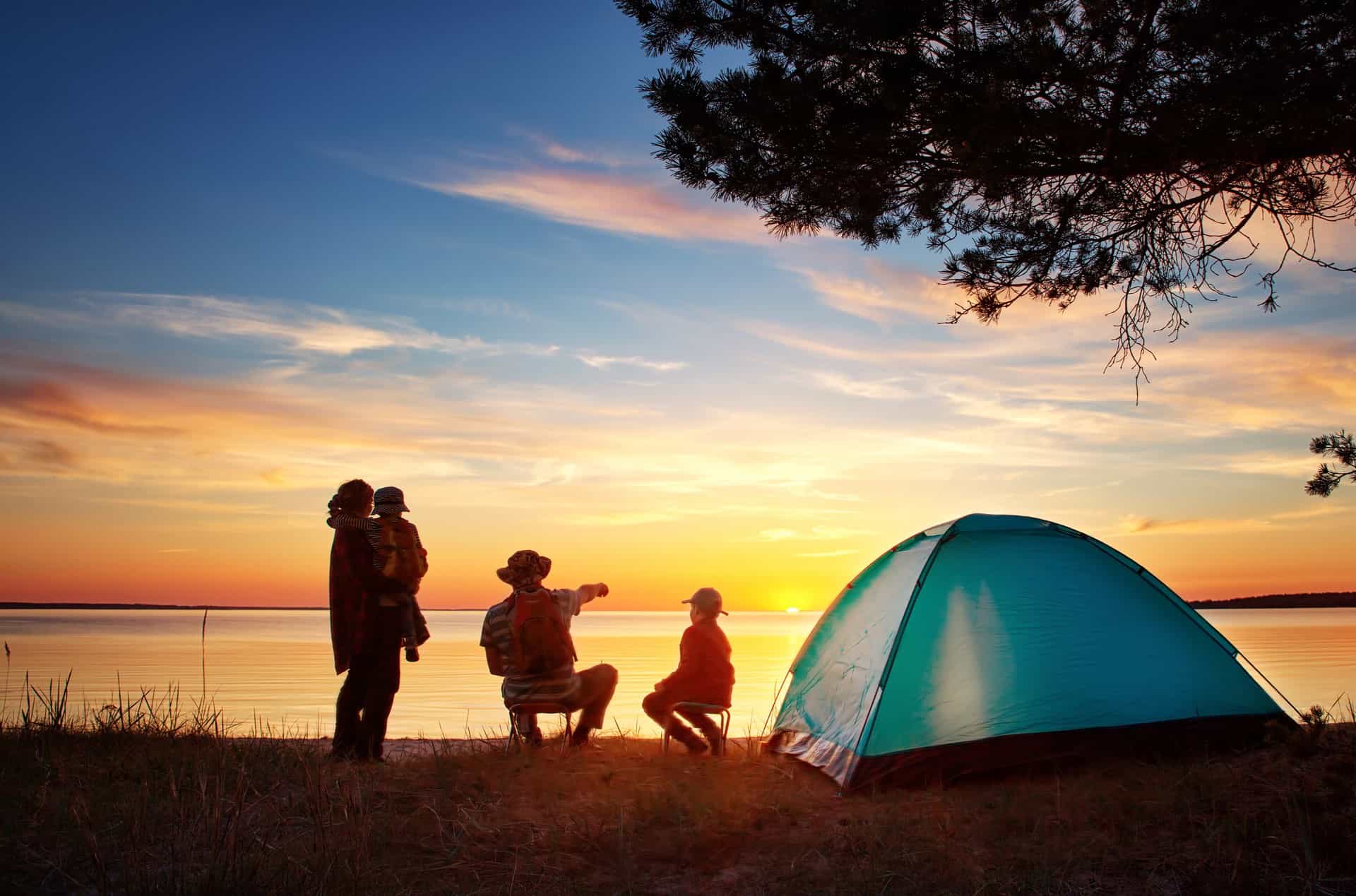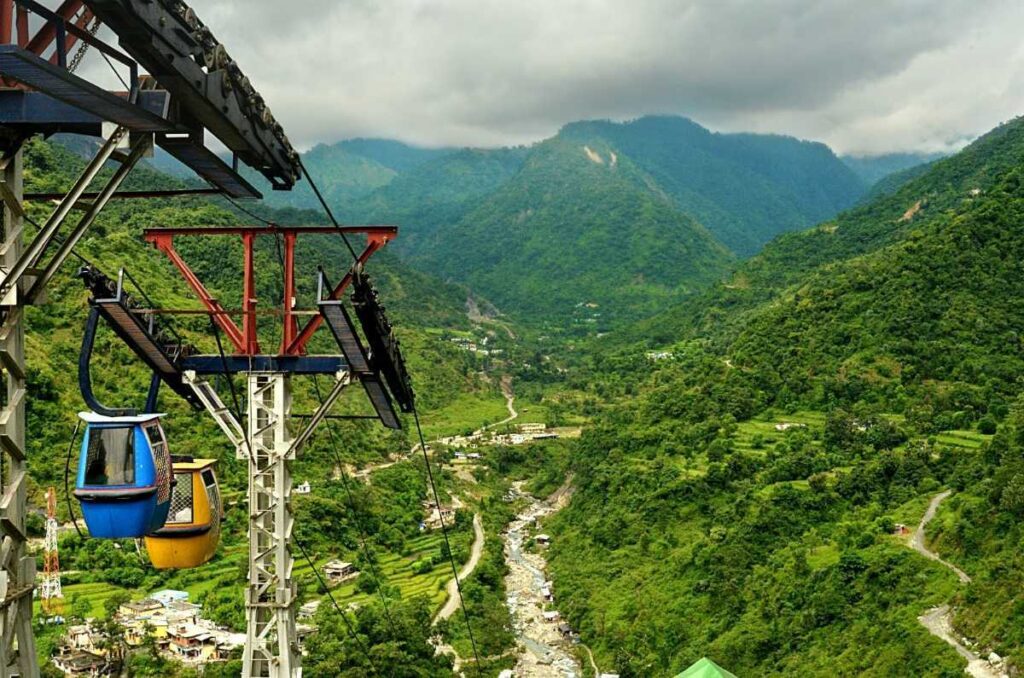With the ongoing political uncertainty around Brexit encouraging people to spend a little less and save a little more, as well as the controversy around peak season holiday prices, many families and couples are looking closer to home for an alternative break from the day-to-day. In fact, even those planning to travel overseas are weighing up their options and many are looking beyond simply self-catering and taking it that one step further: camping.
The thing with camping these days through is that it comes in many different forms, which could be why we are seeing certain trends emerging. For example, cabin camping and bubble-tent glamping are among some of the latest experiences to be had by the would-be camper. Not to mention those who want to take the opportunity to travel around a little more and make a start by hiring a campervan rather than booking in from hostel to hostel. According to a number of surveys online, domestic camping and caravan trips have increased by 2-4% across various sites in the UK since 2016, with more people averaging at around 4 nights per trip.
The thing about camping is that it has been somewhat ‘dressed up’ over the last decade, as sites are responding to the demand of ‘home from home’ and luxury extras that keep holiday-makers coming back for more. But camping isn’t for everyone. Many Brits still prefer the all-inclusive option, where everything is taken care of, and nobody has to pitch a tent in the wind or rain. So, there will always be some who would opt for a villa side pool as opposed to the odd muddy puddle. That being said, the appeal of camping can’t be ignored. Most camping sites such as those at the lakes district or by the coast bring holiday-goers closer to nature, and some offer views of the landscape and the starry night sky like no beach holiday can. It also appeals to our sense of good old-fashioned adventure and simple fun. Being outdoors and living so close to the elements has its hurdles of course, but camping does seem to bring with it a sense of achievement and is an alternative to the standard sun, sea and sand option. One of the biggest factors to consider of later, however, is the price of a camping trip compares to a package holiday, for example.
However, depending on the number of people on the trip, and whether or not it is your first camping experience, the costs need to be considered before we assume that camping is a cheaper deal. For example, according to a survey carried out by a popular money saving website, it was revealed that the first camping trip would average at around £680, with the biggest cost being that required to by a tend and the relevant equipment for cooking and sleeping etc. However, depending on your average price per person when taking the same time on a holiday abroad, this first trip could still work out a little cheaper. Not to mention that any camping trips that follow would be considerably cheaper. In fact, the survey concluded that 73% of those asked would tend to agree that while the first trip was fairly expensive, it would be worth the extra expense in order to book in another trip in the future. 40% of the people surveyed, having bought new equipment for their first trip had already booked up to take another.
On the whole, it seems that camping trips are likely to cost holiday-makers less in the long run, as well as the added convenience of not having to travel out of the country, or very far at all. But, while camping trends may be on the rise, it will always depend on the type of holiday we’re looking for, and with the summers getting seemingly shorter by the year, the Brits trip to Spain is always going to remain a strong favourite too.





